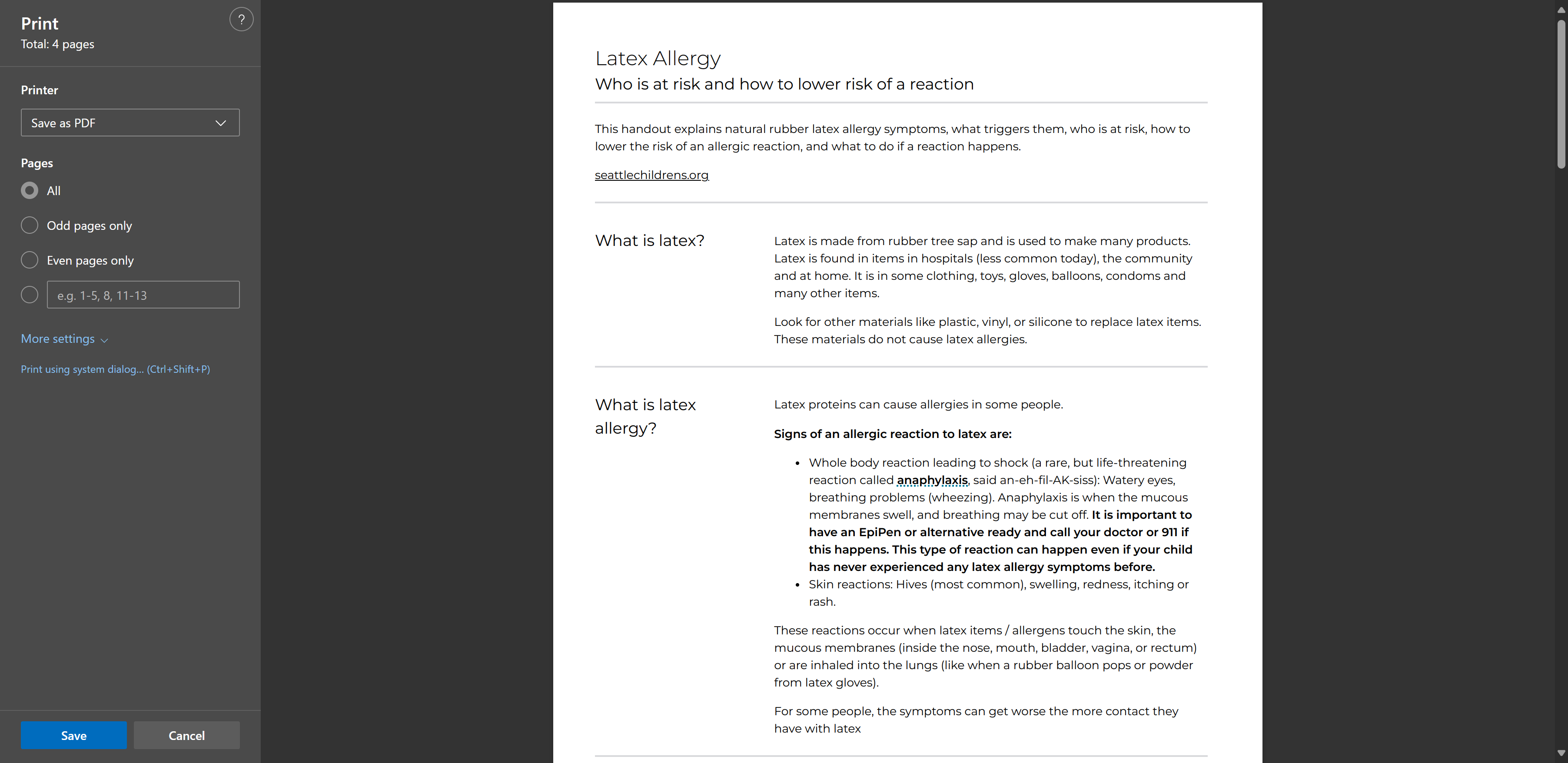Immunoglobulin Replacement Therapies and associated conditions for managing sickness in children
Immunoglobulin is another word for antibodies. Antibodies fight infection in our body. This therapy helps children with immune deficiency, so they can better fight infections.
What is immunoglobulin (IgG) replacement therapy?
Antibodies help protect the body against infections such as bacteria and viruses. Immunoglobulin replacement therapy contains antibodies, also known as immunoglobulins. They come from a part of the blood called plasma from healthy donors. The antibodies are removed from the plasma and cleaned.
Why do some people need IgG replacement therapy?
- Immunoglobulin replacement therapy is helpful to some people with primary immunodeficiency (PI). It temporarily replaces the infection-fighting antibodies they are missing.
- We often give IgG replacement therapy to a child because the B cells
(B lymphocytes) of their immune system are not working. When a bacteria or virus invades, B cells make specific antibodies that destroy the invading germ. - If the B cells are not working, they cannot make antibodies. Low levels of antibodies increase the risk for getting a life-threatening infection.
- An infusion of IgG replaces antibodies your child’s body should be making. It does not help the body make more antibodies. This means your child may need IgG replacement therapy for the rest of their life.

